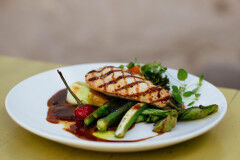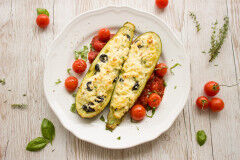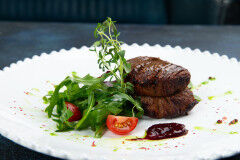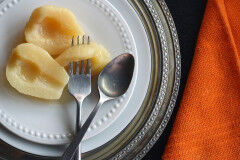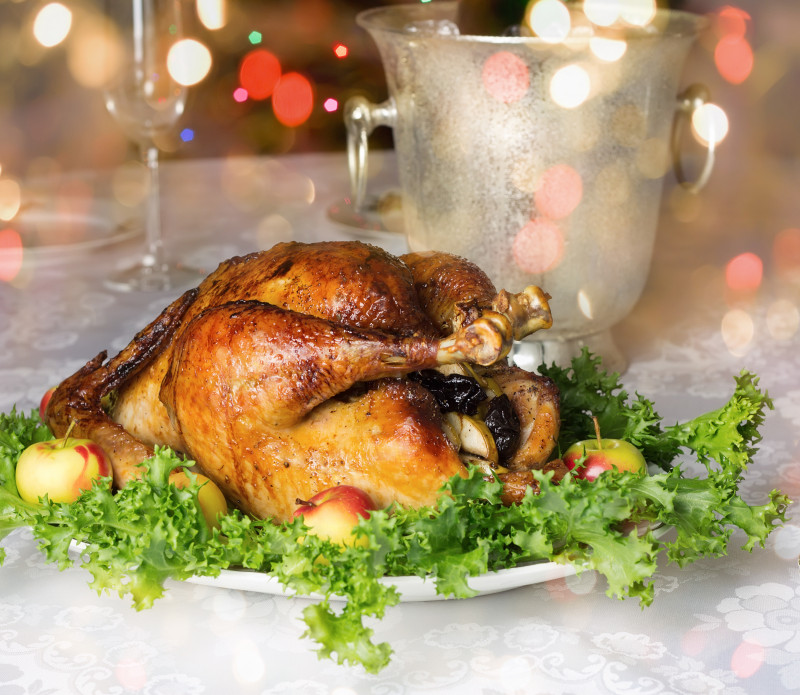
Roasted Capon Recipe
A special Christmas recipe from Tuscany. Stuffed capon is a great holiday dish! Find the step-by-step process and complete ingredient list here.
- ( Scored 5 on 1 reviews )
Barbara:
I never, ever thought I would love this recipe so much. It was not as hard to make as I would have expected, and although the preparation and resting...
Presentation
A special Christmas recipe from Tuscany. Stuffed capon is a great holiday dish! Find the step-by-step process and complete ingredient list here
Here is a Tuscan dish, whose main star is the capon, a castrated and fattened male chicken, a noble ingredient also mentioned in Alessandro Manzoni's famous novel "I promessi sposi" (The Betrothed).
The capon must be deboned before being stuffed and cooked, so you might need to ask your butcher to debone it for you.
This traditional Tuscan recipe is certainly time-consuming, but it is incredibly rewarding and tasty with its rich filling.
 Ingredients
Ingredients

 ...Great Italian Goodies!
...Great Italian Goodies!


